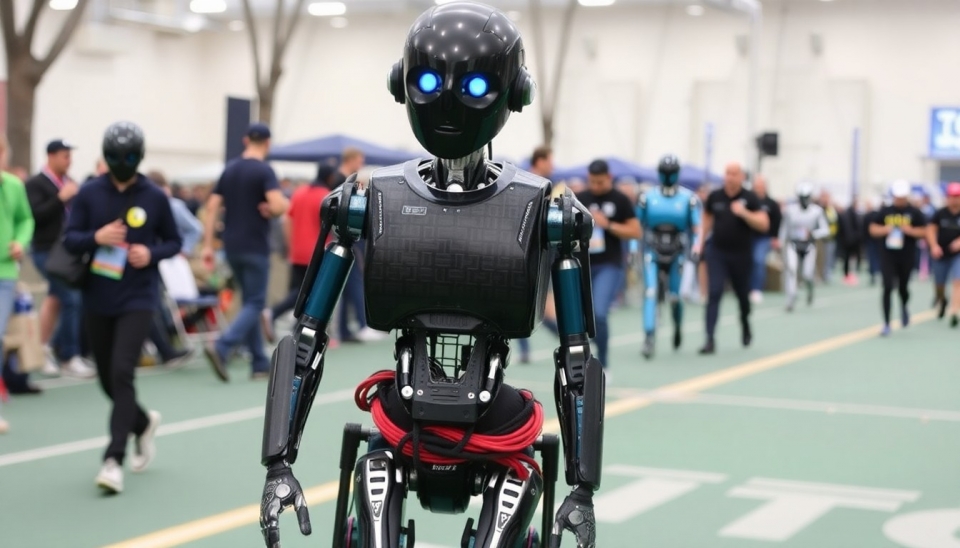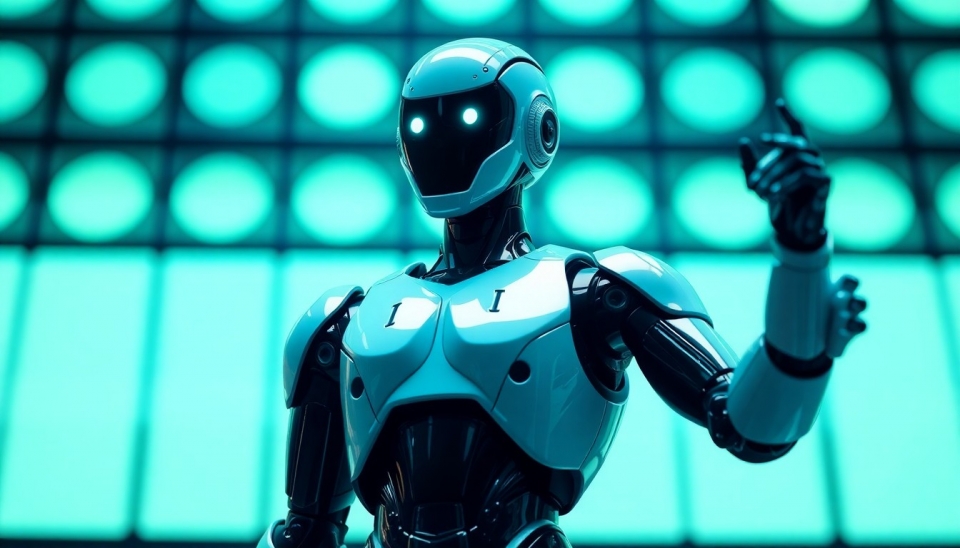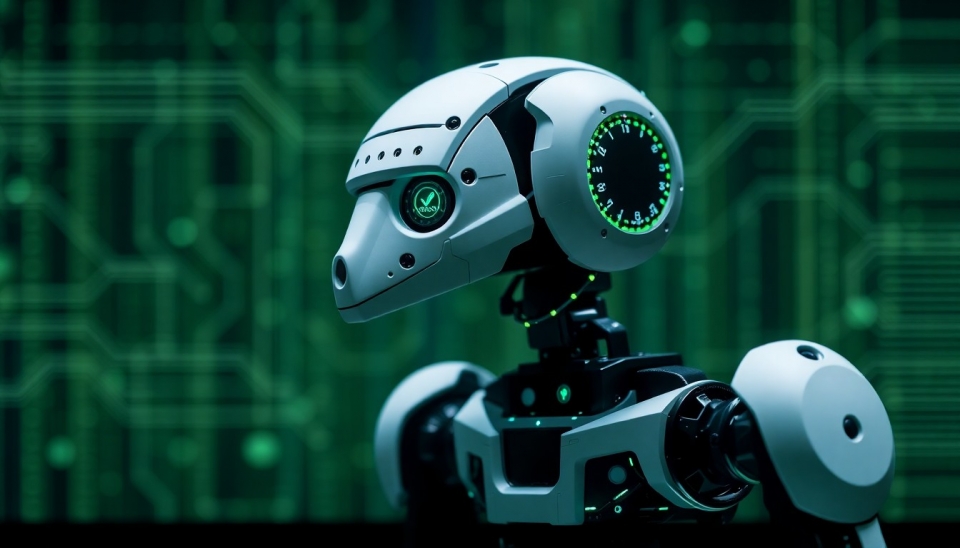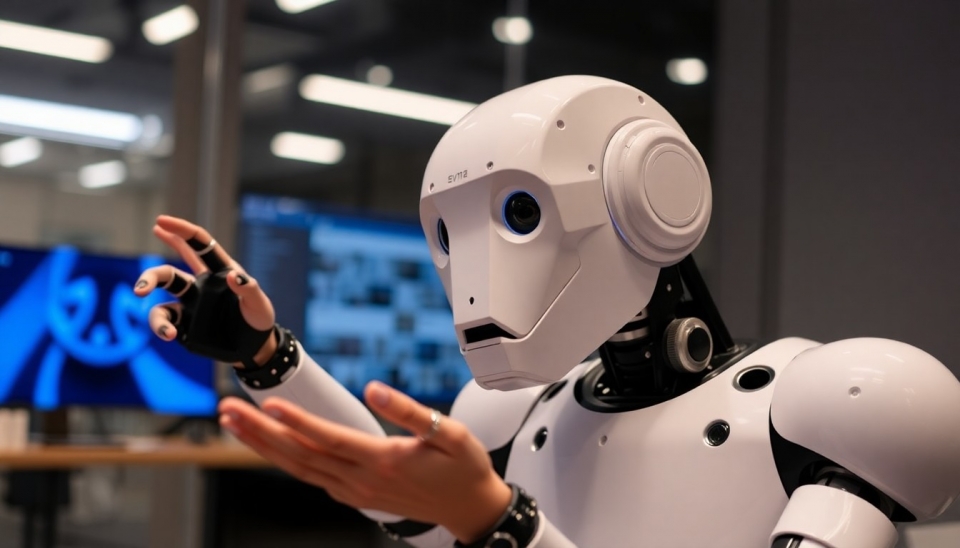
In an insightful discussion led by Emily Chang, the implications and transformations of a world where robots operate independently have been explored in a recent feature. As advancements in artificial intelligence and robotics continue to accelerate, the question arises: what does a future look like when machines have surpassed the need for human input? The video dives deep into this topic, presenting various perspectives from experts and thought leaders in the fields of technology and ethics.
Many in the tech community are heralding an era of unprecedented efficiency and productivity, where robots take on roles beyond our current imagination. From intricate manufacturing processes to complex decision-making in sectors like healthcare and logistics, AI is poised to reshape industries fundamentally. However, this shift also brings up significant concerns about the displacement of human workers and the ethical considerations surrounding autonomy in robotics.
Chang emphasizes that while the potential benefits are enormous—such as improved precision in tasks and reductions in human error—the societal impact could be profound. For instance, if robots can perform most jobs, what becomes of human employment? Economists and sociologists are grappling with these questions, seeking to find a balance between technological advancement and preserving meaningful work for humans.
The feature also sheds light on the psychological aspect of this new reality. As machines take on more responsibilities, how will humanity redefine its role in the world? Will people find purpose in creative, intellectual, or emotional endeavors, or will they struggle with feelings of redundancy? The psychological toll of an automated society raises concerns about mental health and social cohesion, compelling researchers to study potential outcomes as we move forward.
Moreover, the video presents different ethical perspectives on autonomous robots. Who is responsible for a machine’s actions? What happens when an AI makes a decision that has dire consequences? These questions need to be addressed before we fully embrace a future that relies heavily on robotic intelligence. The accountability of creators, the need for regulations, and the moral responsibilities of sentient machines are pivotal topics that need thorough exploration.
In summary, the segment encapsulates the dual-edge sword of advancing robotics. As we march towards a future where robots may not only assist but operate independently, we must critically examine the consequences this will bring to our societies, economies, and individual identities. The discussion is not merely about robots and technology; it is about what it means to be human in a world increasingly dominated by machines.
As we ponder these complex issues, it is essential that all stakeholders—from policymakers and educators to technologists and the general public—engage in the conversation to shape a cohesive future that can maximize the benefits of AI while minimizing its societal disruptions.
#Robotics #ArtificialIntelligence #FutureOfWork #EthicsInTech #AutonomousMachines #SocietyAndTechnology
Author: John Miller




